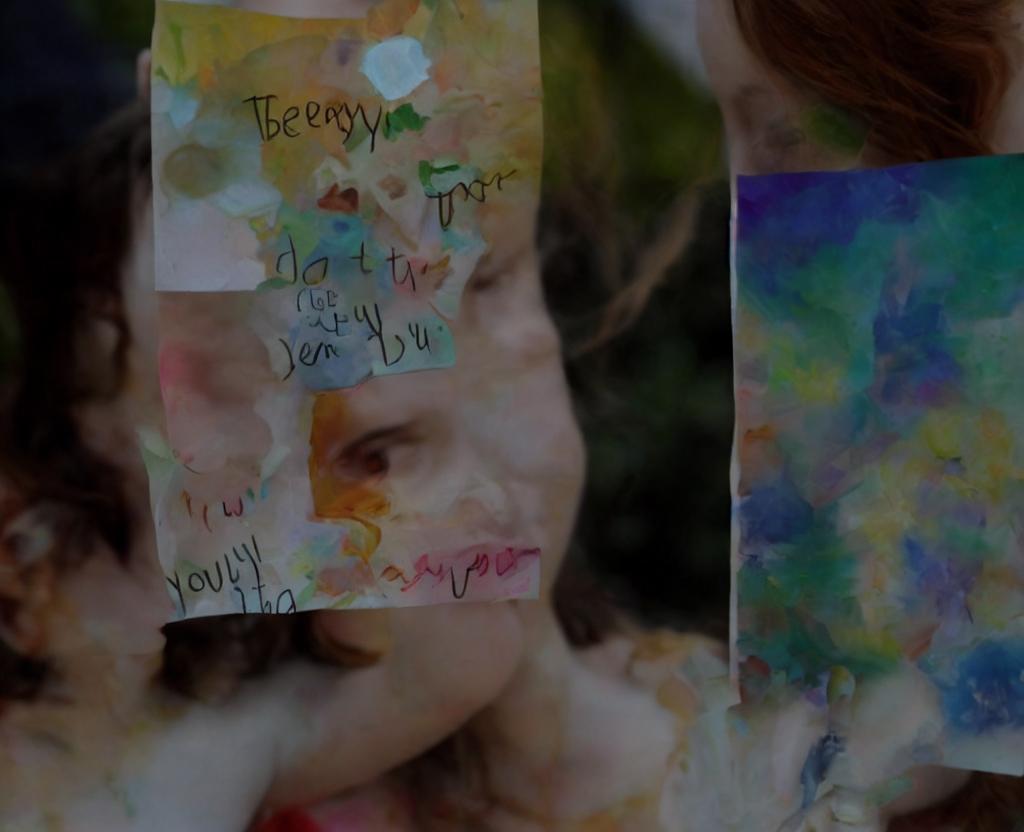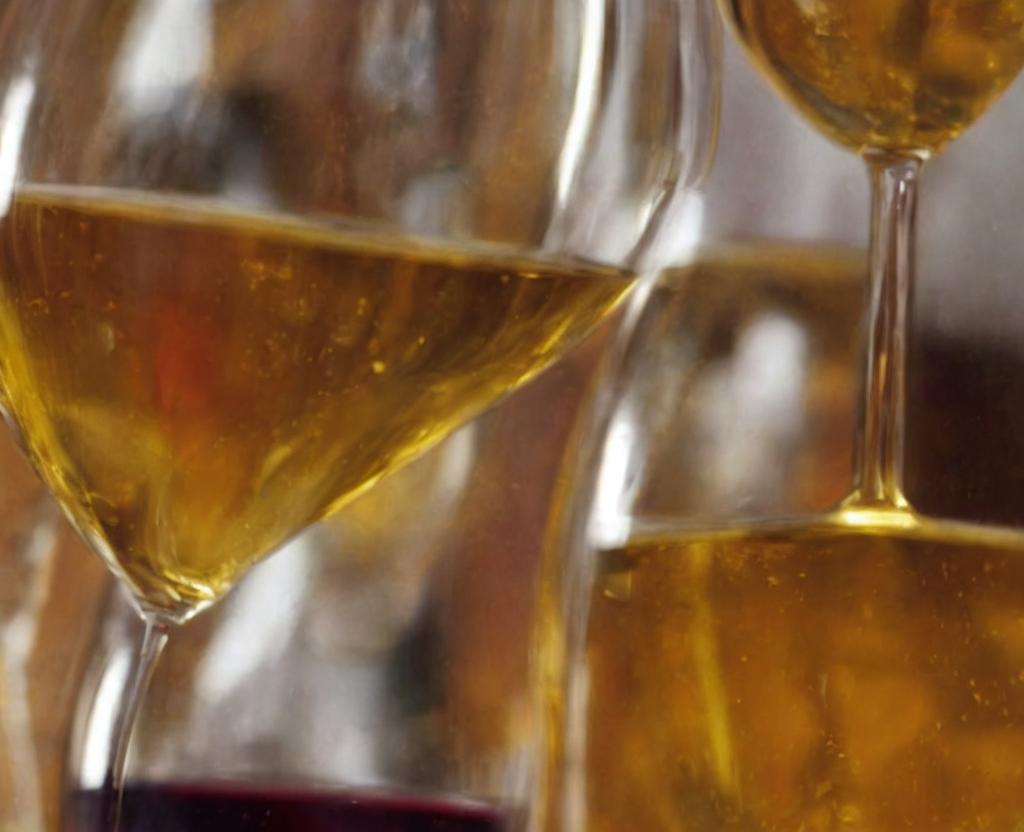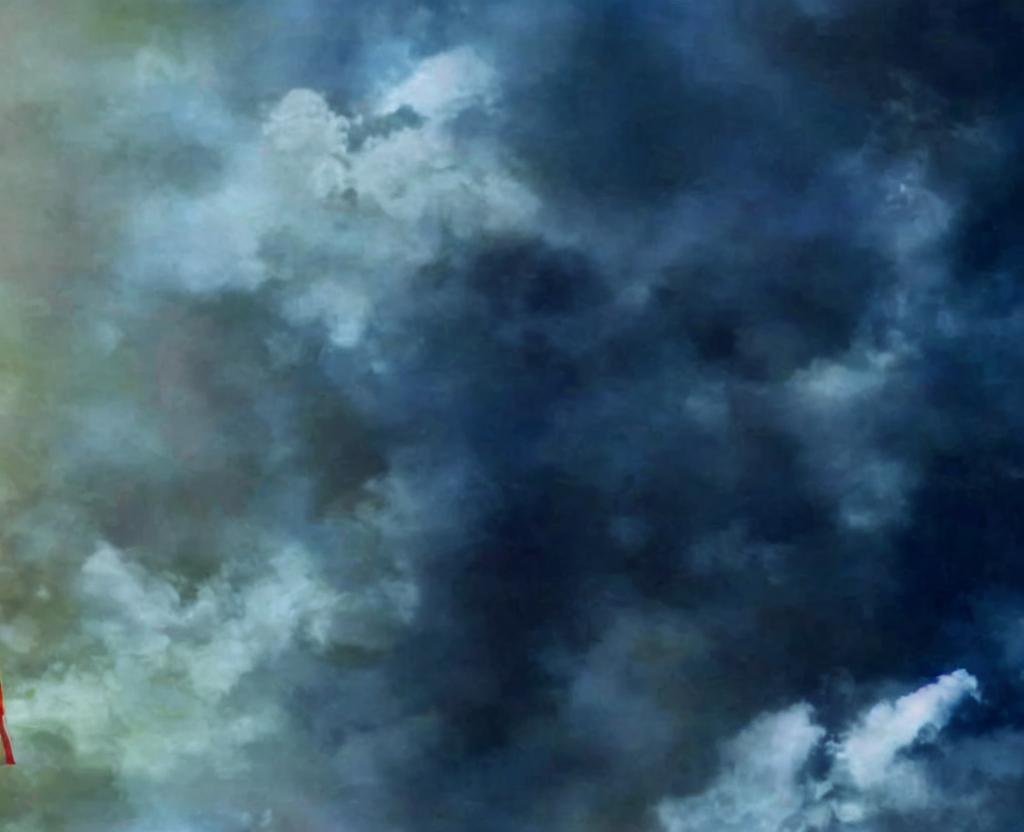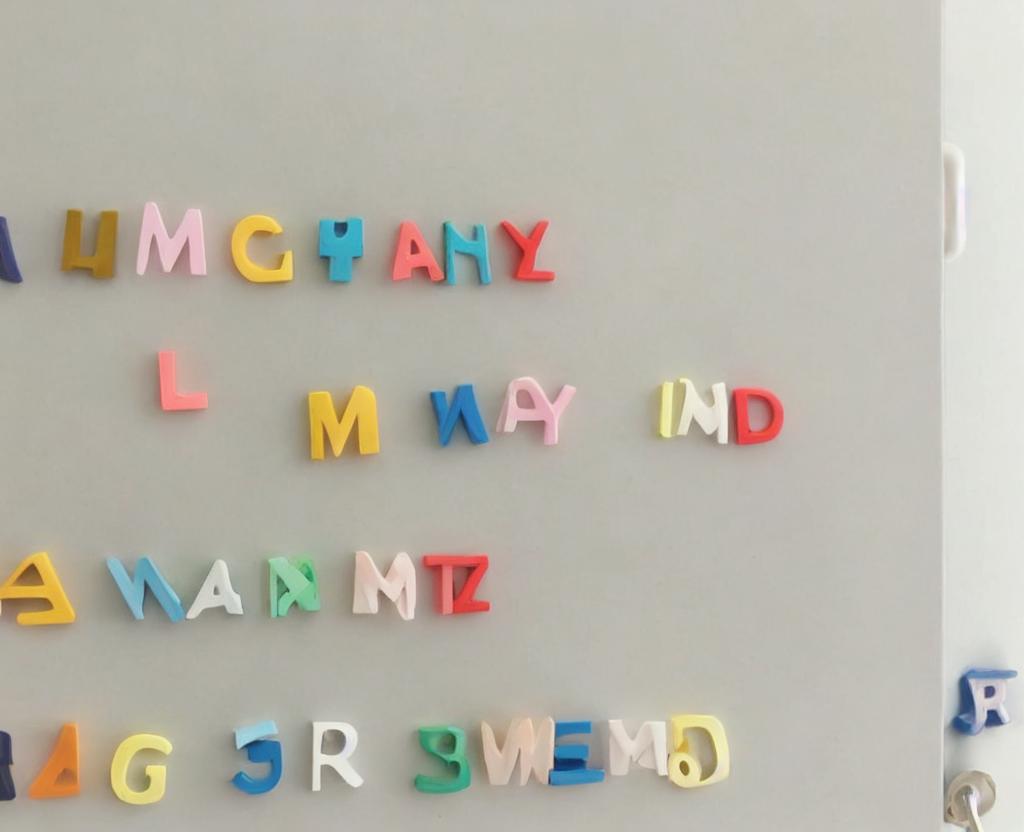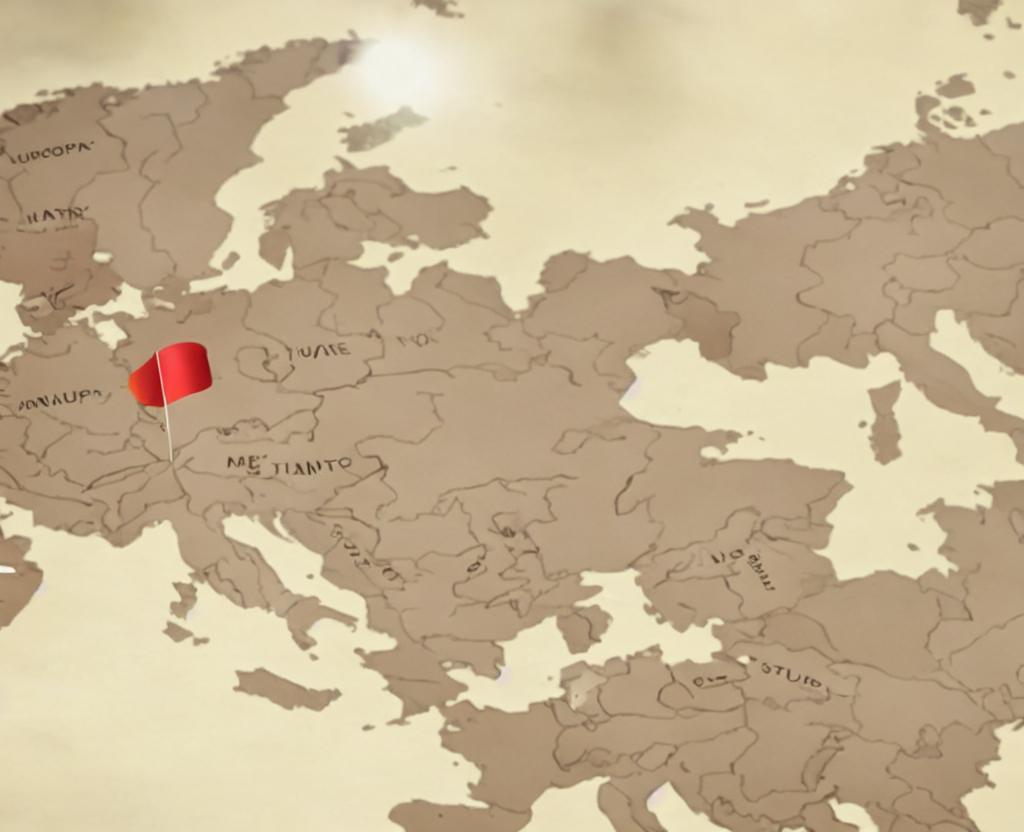
Europe Day
Every year on May 9th, Europe Day highlights the richness of the world's second smallest continent. The European Union (EU) is also on a day that Europe's peace and unity are celebrated.
Europe is divided into the southern, northern, eastern, and western hemispheres... According to the United Nations, Europe now has 44 countries. According to the United Nations, there are currently 44 countries in Europe. Both these countries are members of the EU, and twenty-seven of them are members. Russia is Europe's most populated and largest country. In Russia, there are nearly 146 million residents. Germany, with nearly 84 million people, is the next most populated region. Four dependencies or territories are also present in Europe, including four dependencies or territories. The Channel Islands, Isle of Man, Faeroe Islands, and Gibraltar are among the Channel Islands.
Although English is the most commonly spoken language in Europe, Europeans speak 200 languages. Although English is the most common spoken language in Europe, Europeans speak 200 languages. Of these languages, 24 of them are official, and 24 of them are official. French, German, Spanish, and Russian are among the other commonly spoken languages spoken in France, Germany, German, Spanish, and Russian. Many Europeans speak 3 languages, and more than half of all Europeans are bilingual, and many Europeans speak 3 languages. About ten percent of Europeans speak four languages.
The following events in Europe are notable historical events:
- The Renaissance
- Colonialism and Imperialism have dominated Colonialism and Imperialism
- The Protestant Reformation The Protestant Reformation was a Protestant Reformation. The Protestant Reformation was a Protestant Reformation. The Protestant Reformation was a Protestant Reformation
- The Enlightenment
- French Revolution
- Industrial Revolution: The industrial revolution in the industrial revolution was a product of the Industrial Revolution
- The Russian revolutions in Russia The Russian Revolutions were a Russian Revolution. The Russian Revolutions were a Russian Revolution
Europe is also where World War I and World War II began and ended, as well as World War II. Today, Europe is known for its stunning cities, cultural fusion, delectable food and wine, and romantic destinations.
How to celebrate #europeday..
A multitude of activities are held throughout Africa to commemorate the day. Parades, concerts, lectures, art exhibits, and more are among the activities that take place in these venues. This day does not mean you have to live in Europe to celebrate this day. Here are some ways you can participate: Here are some ways you can participate: Here are a few ways you can participate: Here are a few ways you can participate:
- Have a competition with friends or family to see who has the most countries in Europe
- Learn the past of famous European monuments, including Eiffel Tower, the Colosseum, The Louvre, the Sistine Chapel, and Pisa's Leaning Tower
- C.S. Lewis, Leo Tolstoy, Victor Hugo, the Brothers Grimm, and C.S. Lewis have all written about Leo Tolstoy, Victor Hugo, the Brothers Grimm, and C.S. Lewis
- Mamma Mia is a film that takes place in Europe. The Sound of Music, Notting Hill, Pride and Prejudice, French Kiss, and Mamma Mia are among the European countries that have been broadcasting films
- Dive into foreign-language films from Europe, too
#EuropeDay is a day of awareness, and it can be shared on social media.
Europe day history
The European Communities, which later changed to the EU, in 1985, the European Communities, which later changed to the EU, celebrated Europe Day. The Schuman Declaration, which was released in 1950, is commemorated on the date of May 9th. Robert Schuman, the French foreign minister, made the announcement. He suggested that the French and West German coal and steel industries be combined. This resulted in the establishment of the European Coal and Steel Community, the first European Community. Since the establishment of the EU in 1993, Europe Day celebrations have grown in intensity. In some countries, the day is a national holiday.

